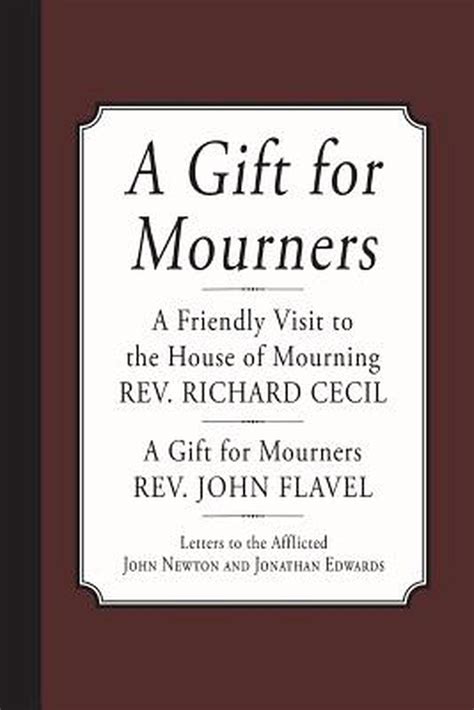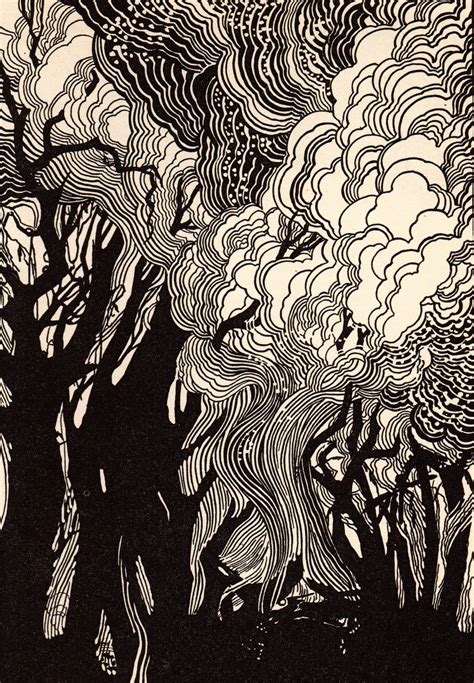A Quote by Charles Caleb Colton
Emulation has been termed a spur to virtue, and assumes to be a spur of gold. But it is a spur composed of baser materials, and if tried in the furnace will be found to want that fixedness which is the characteristic of gold. He that pursues virtue, only to surpass others, is not far from wishing others less forward than himself; and he that rejoices too much at his own perfections will be too little grieved at the defects of other men.
Related Quotes
A man that hath no virtue in himself, ever envieth virtue in others. For men's minds, will either feed upon their own good, or upon others' evil; and who wanteth the one, will prey upon the other; and whoso is out of hope, to attain to another's virtue, will seek to come at even hand, by depressing another's fortune.
When therefore we are hindered, or disturbed, or grieved, let us never attribute it to others, but to ourselves; that is, to our own principles. An uninstructed person will lay the fault of his own bad condition upon others. Someone just starting instruction will lay the fault on himself. Some who is perfectly instructed will place blame neither on others nor on himself.
Good work is no done by "humble" men. It is one of the first duties of a professor, for example, in any subject, to exaggerate a little both the importance of his subject and his own importance in it. A man who is always asking "Is what I do worth while?" and "Am I the right person to do it?" will always be ineffective himself and a discouragement to others. He must shut his eyes a little and think a little more of his subject and himself than they deserve. This is not too difficult: it is harder not to make his subject and himself ridiculous by shutting his eyes too tightly.
If a sound body and a sound mind, which is as much as to say health and virtue, are to be preferred before all other considerations, ought not men, in choosing a business either for themselves or children, to refuse such as are unwholesome for the body, and such as make a man too dependent, too much obliged to please others, and too much subjected to their humors in order to be recommended and get a livelihood?
On the whole, however, the critic is far less of a professional faultfinder than is sometimes imagined. He is first of all a virtue-finder, a singer of praise. He is not concerned with getting rid of dross except in so far as it hides the gold. In other words, the destructive side of criticism is purely a subsidiary affair. None of the best critics have been men of destructive minds. They are like gardeners whose business is more with the flowers than with the weeds.
My treasure chest is filled with gold.
Gold . . . gold . . . gold . . .
Vagabond's gold and drifter's gold . . .
Worthless, priceless, dreamer's gold . . .
Gold of the sunset . . . gold of the dawn . . .Gold of the showertrees on my lawn . . .
Poet's gold and artist's gold . . .
Gold that can not be bought or sold -
Gold.
He who gives himself to a lover because he is a good man, and in the hope that he will be improved by his company, shows himself to be virtuous, even though the object of his affection turn out to be a villain, and to have no virtue; and if he is deceived he has committed a noble error. For he has proved that for his part he will do anything for anybody with a view to virtue and improvement, than which there can be nothing nobler.






































